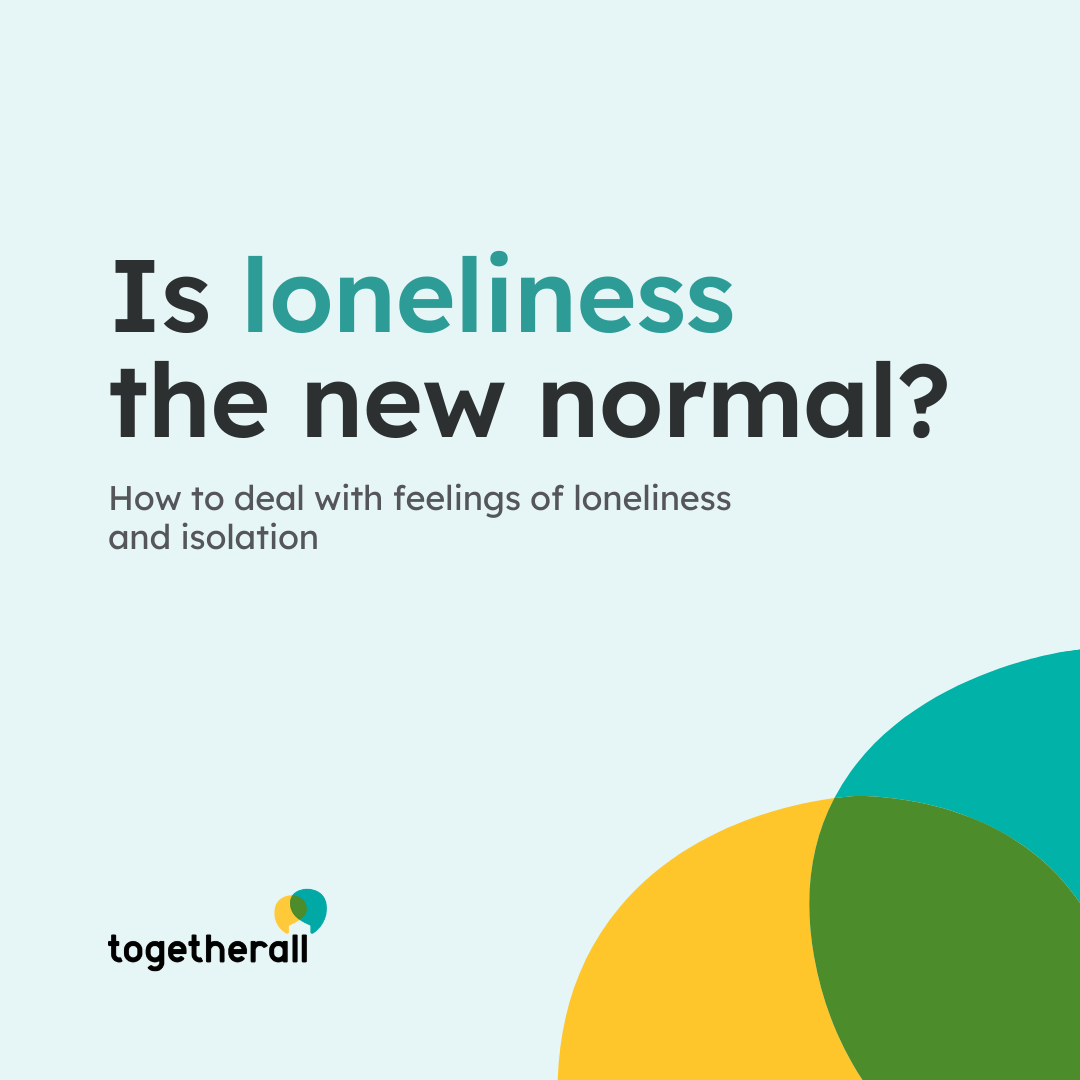 In a time when we can instantly be connected to anyone in the world, why is loneliness and isolation at the forefront of our mental health conversations? Covid-19 isolation mandates, polarising politics, and societal injustices have all caused feelings of uncertainty, anger, sadness and isolation.
In a time when we can instantly be connected to anyone in the world, why is loneliness and isolation at the forefront of our mental health conversations? Covid-19 isolation mandates, polarising politics, and societal injustices have all caused feelings of uncertainty, anger, sadness and isolation.
When our means of connection have changed so much in three years, we can feel whiplash at the thought of how and when to socialise. The 2020s have highlighted the question: what does it mean to be connected to others and are we really feeling lonely?
Are we lonely or does everyone else look like they’re having more fun?
Chief Clinical Officer of Togetherall, Dr. Ben Locke wants us to know “loneliness is a real feeling, regardless of what prompted it, but there are a lot of ways to manage it.”
How do we get off autopilot? Dr. Locke emphasizes that it’s not always easy, but it’s worth it, and the more you do it, the better you’ll become.
People are drawn to social media because of new information and novelty. If this can lead us to feel lonely and isolated, it can also have the power to do the opposite if you are intentional about which services you use.
Togetherall
If you need mental health support @togetherall is available 24/, 365 days of the year.
Sign up for free and share how you're feeling in their anonymous community.
What's available
- An anonymous community where members can support each other
- Access 24 hours a day, 365 days a year
- Trained professionals available 24/7 to keep the community safe
- Self-assessments & recommended resources
- Creative tools to help express how you're feeling
- A wide range of self-guided courses to do at your own pace
Register and find out more
- Find out how you can join Togetherall (interactive pdf)
- Visit the website and register: www.togetherall.com
- Connect with Togetherall on social media: Instagram, Twitter, Facebook

